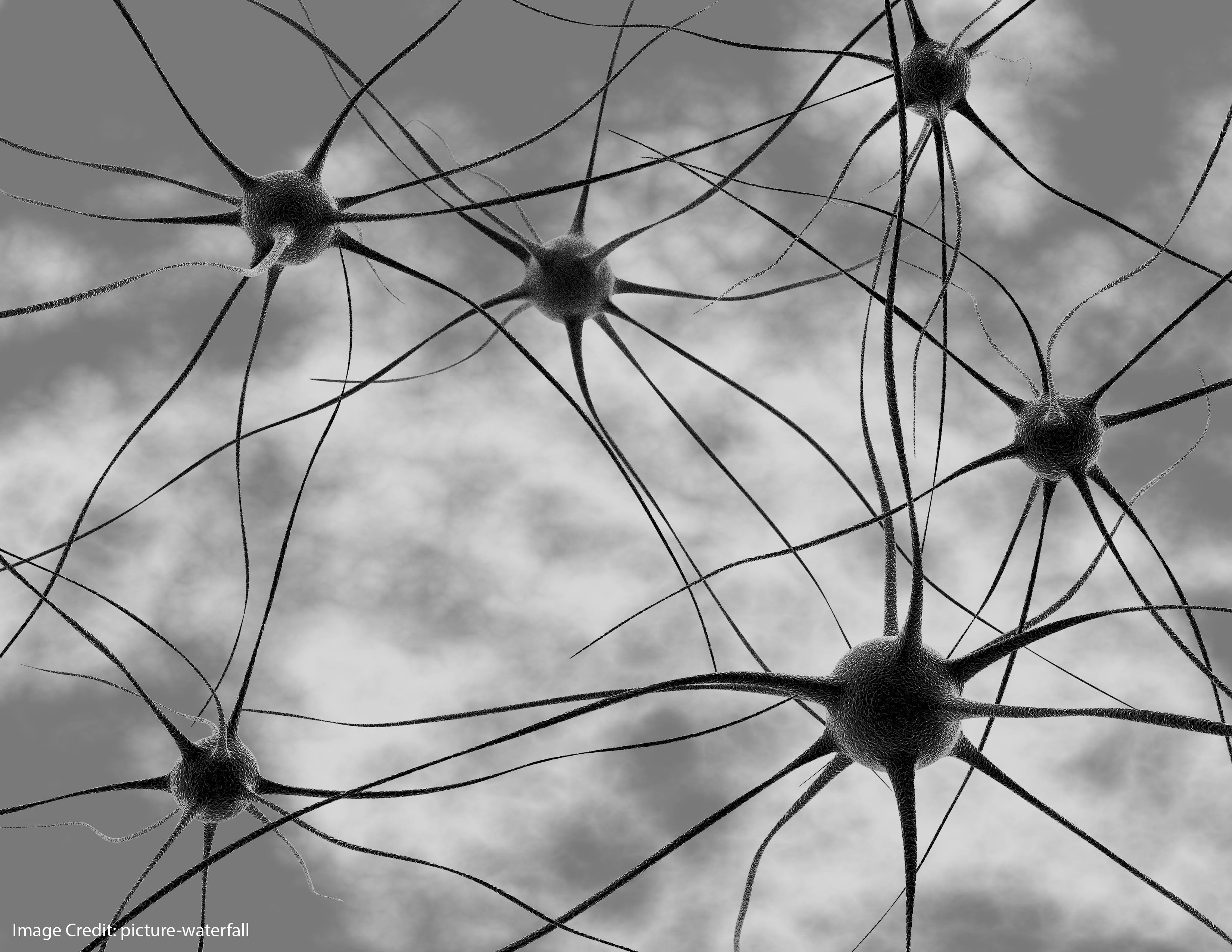Tags
ADHD adolescence attention autism book review boundary conditions classroom advice conference speakers constructivism/direct instruction creativity desirable difficulty development dual coding elementary school embodied cognition emotion evolution exercise experts and novices gender high school homework intelligence long-term memory math methodology middle school mind-wandering mindfulness Mindset motivation neuromyths neuroscience online learning parents psychology reading retrieval practice self-control skepticism sleep STEM stress technology working memoryRecent Comments
- Revisiting the "Handwriting vs. Laptops" Debate: More Moving Goalposts |Education & Teacher Conferences on Handwritten Notes or Laptop Notes: A Skeptic Converted?
- The Power Of A Growth Mindset: How Students Can Overcome Challenges - Sunshine Blessings on The Rise and Fall and Rise of Growth Mindset
- Goals, Failure, and Emotions: a Conceptual Framework |Education & Teacher Conferences on “Learning from Mistakes” vs. “Learning from Explanations”
- From Destruction to Rebuilding: Hope in Science’s Down Cycle on When Analogies Go Wrong: The Benefits of Stress?
- Dual Coding: Boosting Learning Through Words and Images – White Dragon of East County on Visual & Verbal: Welcome to “Dual Coding”
ABOUT THE BLOG
Tag Archives: psychology

Top Neuroscience Stories of 2017, Wisely Annotated
The top neuroscience stories of 2017 help teachers understand the brain, its connection to the body, ADHD, and the guidance that science can offer teachers. Continue reading

The Effect of Alcohol on Learning…
…might not be what you’d expect. My prediction would have been that if I have…

The Science of Creativity
In this 20 minute video, James Kaufman explains how researchers define creativity, and how they…

Your Brain Is Like a Computer, take 357
Because brains are so complicated, people who explain them routinely search for analogies. Your brain…

Thinking VERY Slowly about “Thinking, Fast and Slow”
Five years later, economics blogger Jason Collins rereads–and rereviews–Kahneman’s Thinking, Fast and Slow.

